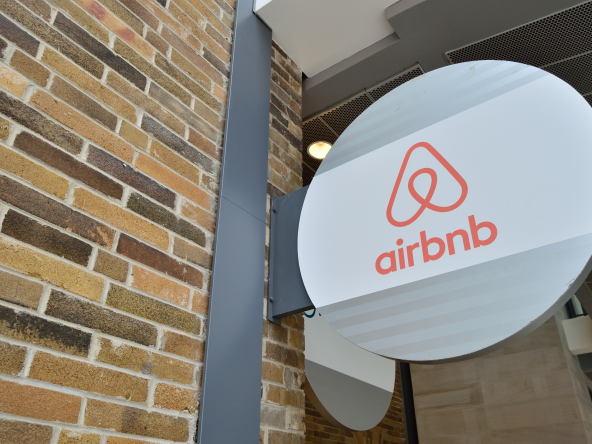Investing in real estate can be a lucrative business, but not everyone has the financial resources to invest in properties outright. Private lending, also known as private mortgages, provides an opportunity for individuals to invest in real estate without having to purchase a property outright. In this article, we will explore private lending and its potential as an investment opportunity.
What is Private Lending?
Private lending is a type of investment where a private individual provides a loan to a borrower, secured by a mortgage on a property. This means that if the borrower defaults on the loan, the lender has the right to foreclose on the property to recover their investment.
How Does Private Lending Work?
Private lending involves an agreement between a borrower and a lender. The borrower secures the loan by pledging their property as collateral. The lender provides the loan, and the borrower pays interest on the loan until it is fully repaid.
What is the Difference Between Private Mortgage and Bank Mortgage?
The primary difference between a private mortgage and a bank mortgage is the source of funding. A bank mortgage is funded by a financial institution, while a private mortgage is funded by an individual or group of investors.
Why choose a private mortgage?
Borrowers may choose a private mortgage if they are unable to qualify for a traditional mortgage or if they need a loan quickly. Private mortgages may also be used for non-traditional purposes, such as renovating a property.
Is Private Lending Legal in Vancouver?
Yes, private lending is legal in Canada and Vancouver. However, it is important to note that private lenders must comply with all applicable federal and provincial laws.
Is Private Lending a Good Investment?
Private lending can be a good investment opportunity for individuals looking for passive income. The returns on private lending are typically higher than those of traditional investments, such as stocks or bonds. However, it is important to conduct thorough research and assess the risks before investing.
What are the risks of private lending?
Like any investment, private lending comes with risks. Private mortgage investors are not guaranteed to receive their full investment back if the borrower defaults on the loan. In some cases, the property used as collateral may not be worth enough to cover the outstanding balance of the loan. Additionally, private lending is not regulated in the same way as traditional lending, which can make it riskier for both borrowers and investors. Borrowers may be subject to higher interest rates and fees, and investors may be vulnerable to fraud or default.
What does an investor do with a house?
When an investor provides a private mortgage to a borrower, they do not take ownership of the property. Instead, the borrower uses the property as collateral for the loan. If the borrower defaults on the loan, the investor may foreclose on the property to recover their investment.
Do You Need a Downpayment for a Private Mortgage?
Yes, a downpayment is required for a private mortgage, just as it is for a traditional mortgage. The downpayment amount varies depending on the lender and the property.
How Much Do Private Lenders Charge in Vancouver?
Private lenders in Vancouver charge varying interest rates, depending on the loan amount, the property, and the borrower’s creditworthiness. Interest rates can range from 8% to 15%, and lenders may also charge fees such as origination fees, underwriting fees, and servicing fees.
Can I Buy a Mortgage with a Friend?
Yes, you can buy a mortgage with a friend. This is known as co-lending, where two or more, private mortgage lenders may offer a more personalized approach to lending and may be willing to work with borrowers who have unique circumstances or do not meet traditional lending requirements. Also, there is a process called mortgage syndication. This can allow multiple investors to pool their resources and invest in a larger real estate project. However, it is important to have a clear agreement in place to outline the responsibilities and obligations of each investor. Mortgage syndication is often used for commercial real estate loans or large-scale residential projects.
How Do I Get Out of a Private Mortgage?
Getting out of a private mortgage can be difficult, as it is a legally binding contract between the borrower and lender. However, if the borrower repays the loan in full, the mortgage will be discharged, and the property will no longer be collateral for the loan.



